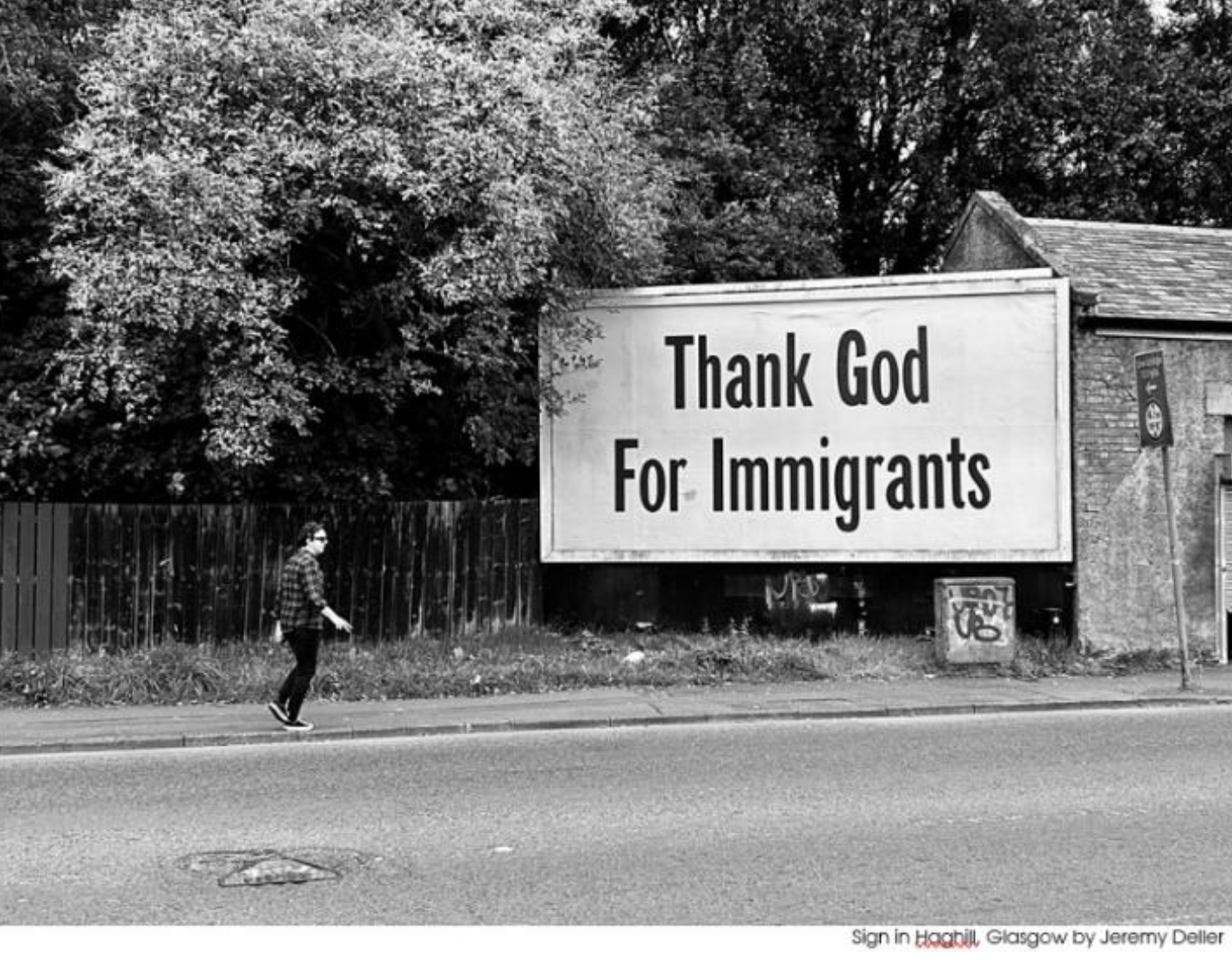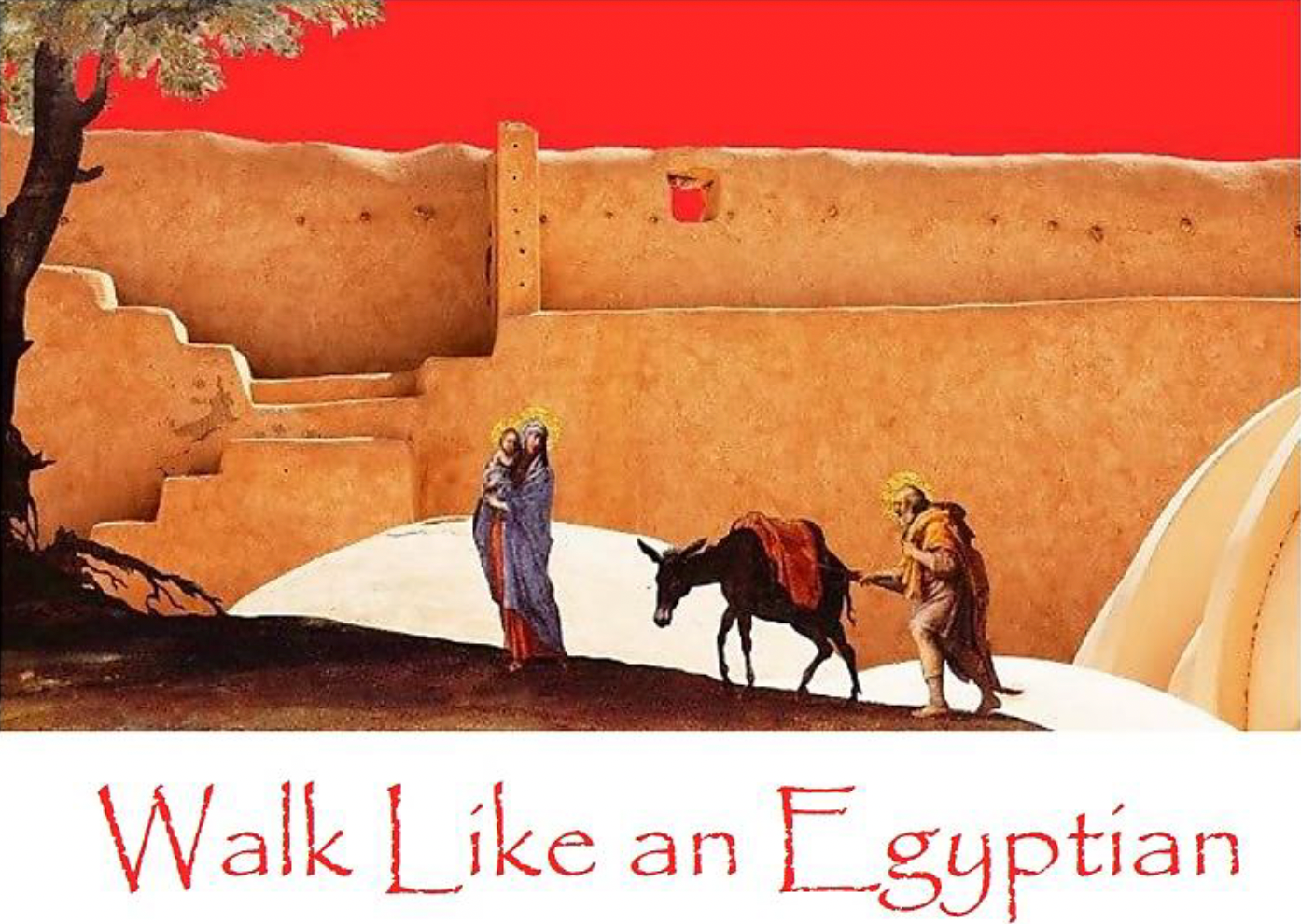Sermon 05.07.23: Grace to You and Peace
In the apostle Paul's letters, he often greets the congregations to whom he writes with, "Grace to you and peace from God our Father and the Lord Jesus Christ." It is foundational to Paul's understanding of the world that Grace is the thing. If we want to understand God's love, we have to get a handle on grace. Do you trust in God's grace? Let's consider grace.
Scripture
Romans 1:1-17
Paul, a servant of Christ Jesus, called to be an apostle and set apart for the gospel of God— 2 the gospel he promised beforehand through his prophets in the Holy Scriptures 3 regarding his Son, who as to his earthly life[a] was a descendant of David, 4 and who through the Spirit of holiness was appointed the Son of God in power[b] by his resurrection from the dead: Jesus Christ our Lord. 5 Through him we received grace and apostleship to call all the Gentiles to the obedience that comes from[c] faith for his name’s sake. 6 And you also are among those Gentiles who are called to belong to Jesus Christ.
7 To all in Rome who are loved by God and called to be his holy people:
Grace and peace to you from God our Father and from the Lord Jesus Christ.
Paul’s Longing to Visit Rome
8 First, I thank my God through Jesus Christ for all of you, because your faith is being reported all over the world. 9 God, whom I serve in my spirit in preaching the gospel of his Son, is my witness how constantly I remember you 10 in my prayers at all times; and I pray that now at last by God’s will the way may be opened for me to come to you.
11 I long to see you so that I may impart to you some spiritual gift to make you strong— 12 that is, that you and I may be mutually encouraged by each other’s faith. 13 I do not want you to be unaware, brothers and sisters,[d] that I planned many times to come to you (but have been prevented from doing so until now) in order that I might have a harvest among you, just as I have had among the other Gentiles.
14 I am obligated both to Greeks and non-Greeks, both to the wise and the foolish. 15 That is why I am so eager to preach the gospel also to you who are in Rome.
16 For I am not ashamed of the gospel, because it is the power of God that brings salvation to everyone who believes: first to the Jew, then to the Gentile.
17 For in the gospel the righteousness of God is revealed—a righteousness that is by faith from first to last,[e] just as it is written: “The righteous will live by faith.”[f]
Sermon Text
Today we begin a few weeks preaching through the Book of Romans, which is my favorite of Paul’s letters to churches. Of his letters that we still have, this is one of the later ones. His theology (understanding of God), and his Christology (understanding of who Jesus was), and his ecclesiology (understanding of who the church is called to be) are perhaps most clearly expressed. The church over the years has tended to treat Romans like ‘Paul’s Greatest Hits’ but it is, in fact, an actual letter to an actual church.
Paul is well trained in rhetoric and his letters have a formula to them that we don’t use in quite the same way. You wouldn’t introduce yourself to someone in a text or email the way he does in this letter. He gives them a snapshot of who he is so they’ll know to listen to his letter. He’s a servant of Jesus, called to be an apostle, and set apart for the gospel of God.
Rome is not a church Paul founded. He’s never even visited there. But he says that he longs to see them.
What do you long for?
Your true love? That really great gelato you had in Italy? Pockets in all your clothes?
Longing is a heart word, not a head word. It’s a verb for things you love that your heart desires. You don’t long for things unless you care emotionally about them. Paul cares for this church even though he’s never met them. We’ll find out later in the letter that he’s aware of tensions between different groups in the community and he wants them to be able to work through those tensions so they can speak the gospel with one voice. Paul feels this in his heart. He longs to see them.
And then he says to all God’s beloved in Rome, who are called to be saints:
Grace to you and peace from God our Father and the Lord Jesus Christ.
He greets them with what he longs for them to have. Grace and peace.
In his letters, Paul uses the word we translate as grace over 100 times. Charis. It means gift. Later in this letter, Paul writes that God’s grace conquered sin and death. (Romans 3)
We’ll talk about Paul’s call story later this summer. But Paul had been the most zealous persecutor of the early church. In Galatians, he describes himself this way: “I advanced in Judaism beyond many of my contemporaries in my own nation, being more exceedingly zealous for the traditions of my fathers” (Galatians 1:14).
And sometimes our zeal, and our longing, which start out with good intentions, goes sideways. Paul’s misguided zeal for his faith led him to condemn early Christians for blasphemy, a charge which often came with a death sentence.
God spoke to Paul on the road to Damascus and asked him, “Why are you persecuting me?”
“Who are you?” Paul asked.
“I am Jesus, whom you are persecuting.”
As Paul comes to term with both his own guilt and shame for having harmed the very God he thought he was helping, and also has to reckon with the fact that God didn’t throw him in jail and throw away the keys but instead sent him to be the apostle to the very church he’d been persecuting—all that led Paul to become zealous about grace.
You’ve likely not had a story as dramatic as Paul’s in your life, but think about the times when you expect judgment, when you feel you deserve judgment and instead you receive grace. It changes you.
When I was a kid, I was a slob. I am still sort of messy and can live with clutter that might bother other people. But as a kid, my room was a disaster zone. And my parents did what they could to force me to clean it, but it rarely stayed clean for long. And one day in 3rd grade, I was traipsing through my messy room and I tripped over some stuff on the floor, and I fell on my cello, which was in a soft case, and I crushed it. All these years later, I can feel it, I can hear it. And I knew it was my fault. And my eight-year-old self did not have either the skills or the money to fix it.
And I told my parents. And I expected to be locked in my room until I was 18. I expected to be yelled at. I expected to have my allowance garnished until that 50 cents a week added up to the cost of a cello, which maybe I might have paid off by now?
And instead, my parents said, “Okay, we’ll get it fixed.” And that was it. My parents, in truth, didn’t really have the money to get a cello fixed either and I knew that too. But that’s what they did. They swallowed what would have been their righteous ‘this is why we tell you to clean their room’ accusations, and they absorbed the cost of my mistake, and it was no longer on my books, as it were. I was freed.
That kind of grace changes you. And what sent Paul out on those missionary journeys was a grace exponentially bigger than the guilt over a broken cello. He felt his very life should be forfeited for the harm he had caused. He was forgiven, not because he had earned forgiveness and love but because God, in Jesus, chooses love. Again and again and again. God chooses love. And we receive it as gift. Grace.
So, Paul’s longing for this church he’s never met makes more sense. He wants to be extra super sure they know about grace, that they aren’t trying to earn their way into the kingdom by their own wits, that they know they are freed from that other economy of sin and death so they can live into God’s economy of grace.
Grace transforms us away from a world where we have to compete for love and favor and forgiveness and transplants us to a world where favor and forgiveness have already been granted and there is an abundance of love to share.
What does it look like to be in this transformed economy?
To be Christian is to claim that we are already living in that transformed world. In a few minutes, we will be welcoming some more new members in our midst, who will be claiming and reclaiming their baptismal promises about this very topic.
And yet I think we still often live in the other economy, the one where we fight for acceptance and forgiveness. And I worry that shame is often what keeps us from claiming our space in the new world of grace. If we can’t acknowledge the way our brokenness has held us in check because shame keeps us from sharing our truth, can we claim grace?
After I tripped over my cello, I sat in my room and cried. I wondered how long I could keep from having to tell my parents. I didn’t just feel guilt because I had done it. I felt shame because I had done it.
I’ve talked about shame before, but it may be helpful to remember that shame is different than guilt. Guilt can often be a helpful feeling, even if it is one we don’t enjoy. Guilt is where we acknowledge that we have done something wrong, that we have hurt people by our actions. Guilt is knowledge that our actions were bad.
Shame often takes guilt to a different level—one where not just our actions were regrettable but to a conclusion that we, ourselves, are bad.
Brene Brown, in her TED Talk[1], says, “Shame is a focus on self, guilt is a focus on behavior. Shame is, “I am bad.” Guilt is, “I did something bad.” How many of you, if you did something that was hurtful to me, would be willing to say, “I’m sorry. I made a mistake?” How many of you would be willing to say that? Guilt: I’m sorry. I made a mistake. Shame: I’m sorry. I am a mistake.”
When we live in the grace world, that Paul talks about, we will still make mistakes. We will still have reasons for guilt, that will give us reasons to say, “I’m sorry”. But in this new grace world, there is transformation beyond our mistakes.
And I worry shame keeps us from saying ‘I’m sorry’, and keeps us from acknowledging what we’ve done wrong. Shame keeps us from getting past our guilt and sin.
I have a loved one right now in the midst of divorce. And they feel cut off from their community because marriage was a vow they made before God. And they feel like they have failed. And it is hard for them to go back to church because they are afraid of judgment.
And sometimes churches reinforce shame, and they land on the wrong side of grace when they do so. Again and again, God chooses love. If we aren’t welcoming people when they are in the midst of pain and loss, we are failing the gospel.
“I am not ashamed of the gospel”, Paul says, “it is the power of God for salvation to everyone who has faith.”
I read a story of a person who had committed adultery, and her church community helped her and her husband claim new life by moving past shame. The pastor invited her to share, before the congregation, what she had done.
I got twitchy and jangly when I was reading it. My first thought was, ‘what about the spouse and children?
How did they feel about having their family’s shame come to light?’
But then I realized that her shame was silencing for the family too. How were they supposed to get support if they could’t talk about what they were going through? How was their church going to love them through it if shame kept them from accessing help and love?
After she confessed her sin, the pastor turned to the congregation and invited people who had looked on another person with lust (the way Jesus defined adultery) to stand. Most of the congregation stood. The woman was no longer alone in her shame. She was in community that loved her, even in her brokenness, because they, too, knew brokenness.
This is claiming the new world where sin and death doesn’t have power over us anymore. Where we can confess and be restored and redeemed in community.
Grace to you, and peace. Paul wants the church in Rome to have grace. He also offers them peace. Restored relationships. Wholeness.
The way these confession stories tend to play out in the news, however, is that after the confession, we try to externally add more shame to the story. That won’t lead us to the city of Grace. That keeps us in the old zip code.
Curt Thompson, in his book the Soul of Shame[2] writes:
“For if relationship with Jesus is as much about being known as it is about knowing, we soon learn that life with God is not about being right but about being loved.”
We are called to live in Grace, and to leave the economy of shame and sin behind. Are we willing to do it?
Are we willing to let others do it?
How else might this new life in Christ look in our midst? What is keeping us from really claiming our baptismal promises?
Because we must find ways to claim this realm of grace as our residence. We look around at the pain of people living in an economy of sin and judgment and we don’t want to create more pain, and we also don’t want to leave them there in that pain.
We can’t drag people into grace, obviously. Grace isn’t coercive or forceful. We can only be invitational.
One way is to literally be invitational and invite people to join us here. Another way is to live our lives in ways that show we have been changed, so that people can see it even if we don’t say a word about it. I shared a quote last week from St. Francis of Assisi, who is credited with saying, “Preach the gospel at all times. If necessary, use words”. If grace is our economy, we let go of shame and judgment and exclusion.
We welcome people to bring their whole selves with them to church.
“I am not ashamed of the gospel”, Paul says, “it is the power of God for salvation to everyone who has faith.”
And I think Paul would also say I am not ashamed of alcoholism, and adultery, and divorce, and tax evasion, and whatever else we want to hide so we can pretend we don’t need grace.
As we move through this letter, you’ll see that Paul doesn’t recommend we sin or make mistakes just so we can know more grace. But he longs for us to know that there is nothing in this world that can separate us from God’s love. As he writes at the end of chapter 8, maybe the best chapter in all of scripture:
“For I am convinced that neither death, nor life, nor angels, nor rulers, nor things present, nor things to come, nor powers, nor height, nor depth, nor anything else in all creation, will be able to separate us from the love of God in Christ Jesus our Lord.”
If grace is our economy, we can be generous with our lives and our resources because we recognize we’ve been gifted with much already, and there is nothing nothing—nothing—that could separate us from the Love of God.
If grace is our economy, we can be joyful in our living because life with God is not about being right, it is about being loved.
Grace to you, and peace.
[1] https://www.ted.com/talks/brene_brown_the_power_of_vulnerability/c
[2] Thompson, Curt, The Soul of Shame: Retelling the Stories We Believe about Ourselves, p. 152

Art by Jess Churchill
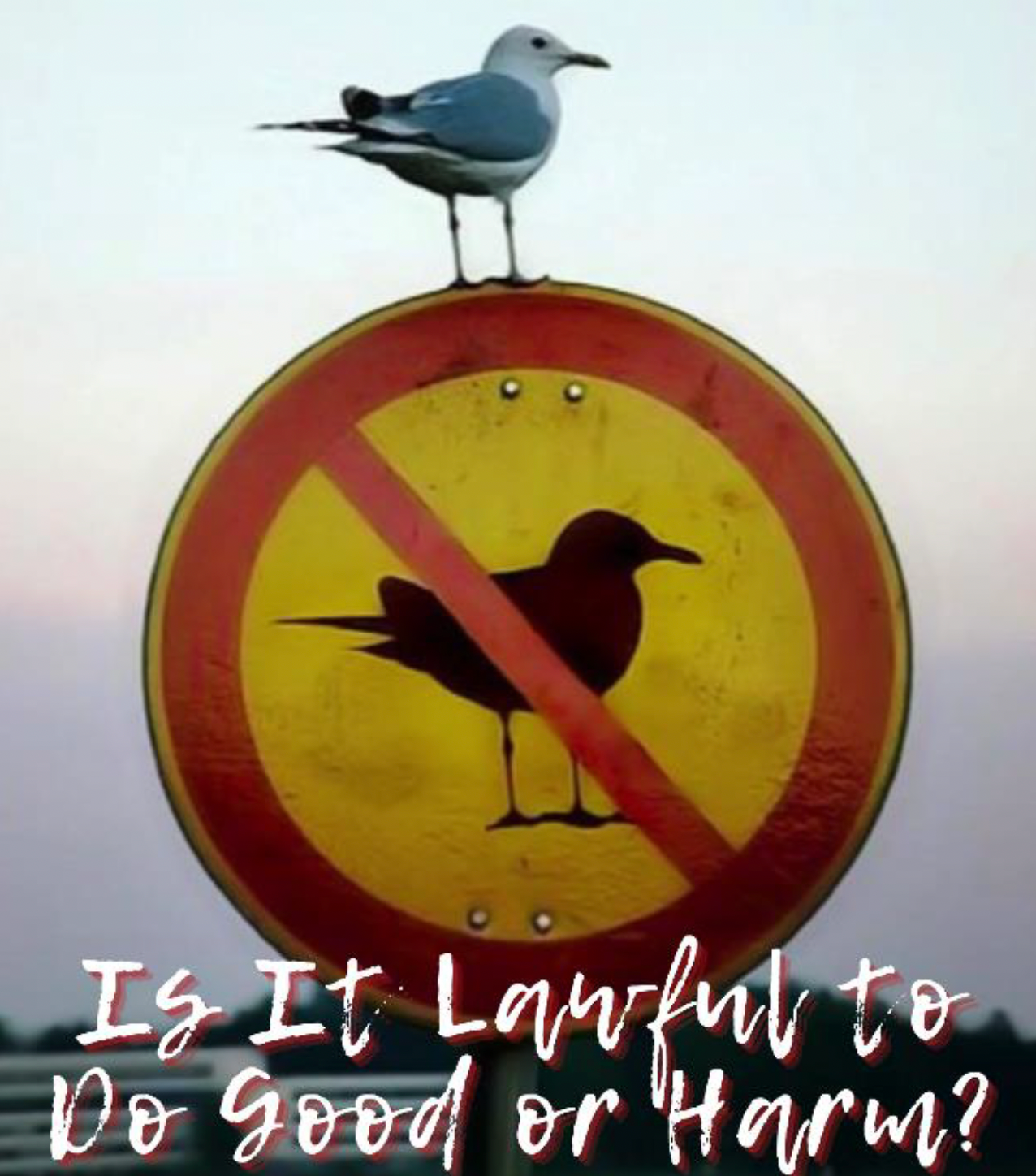
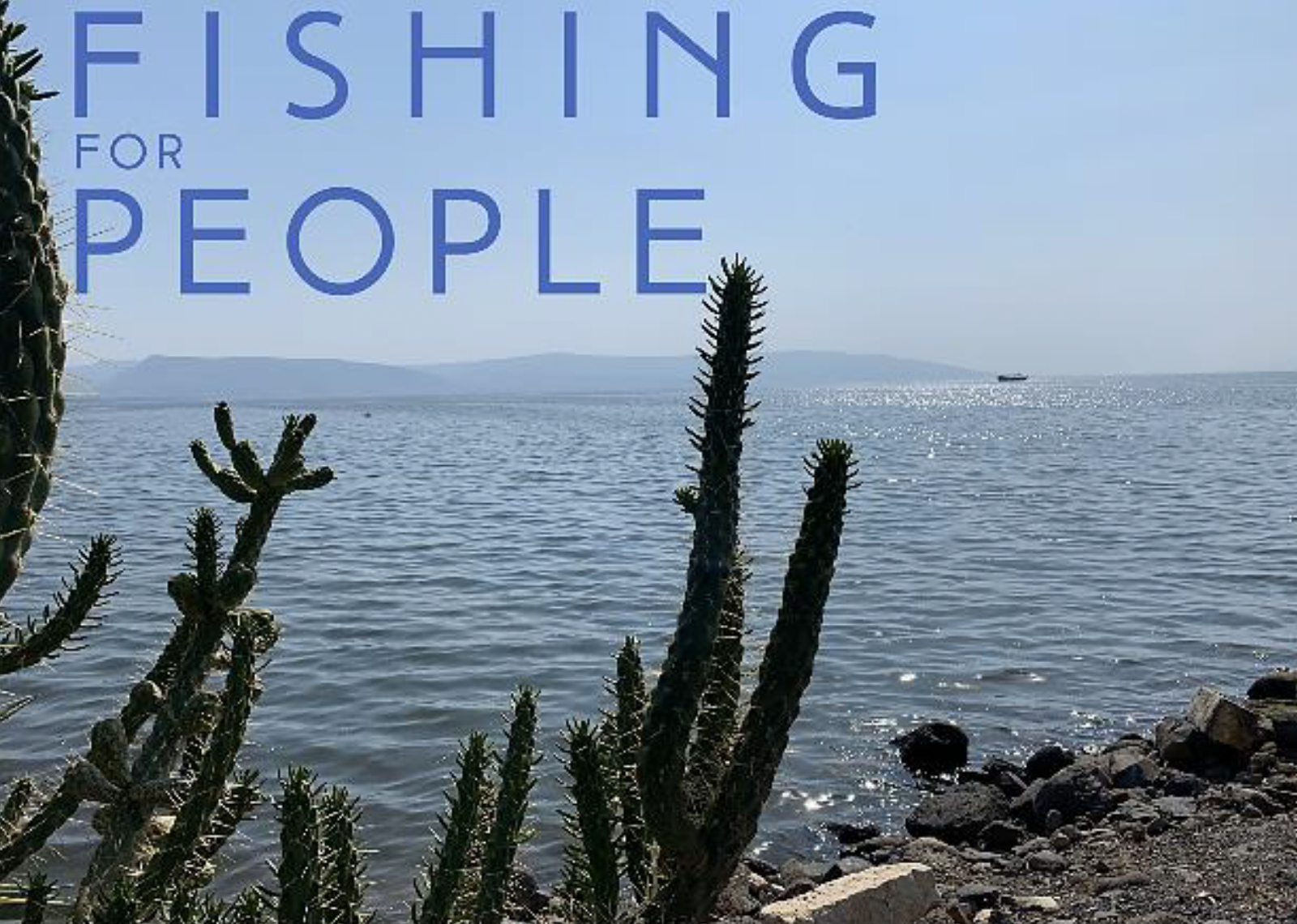
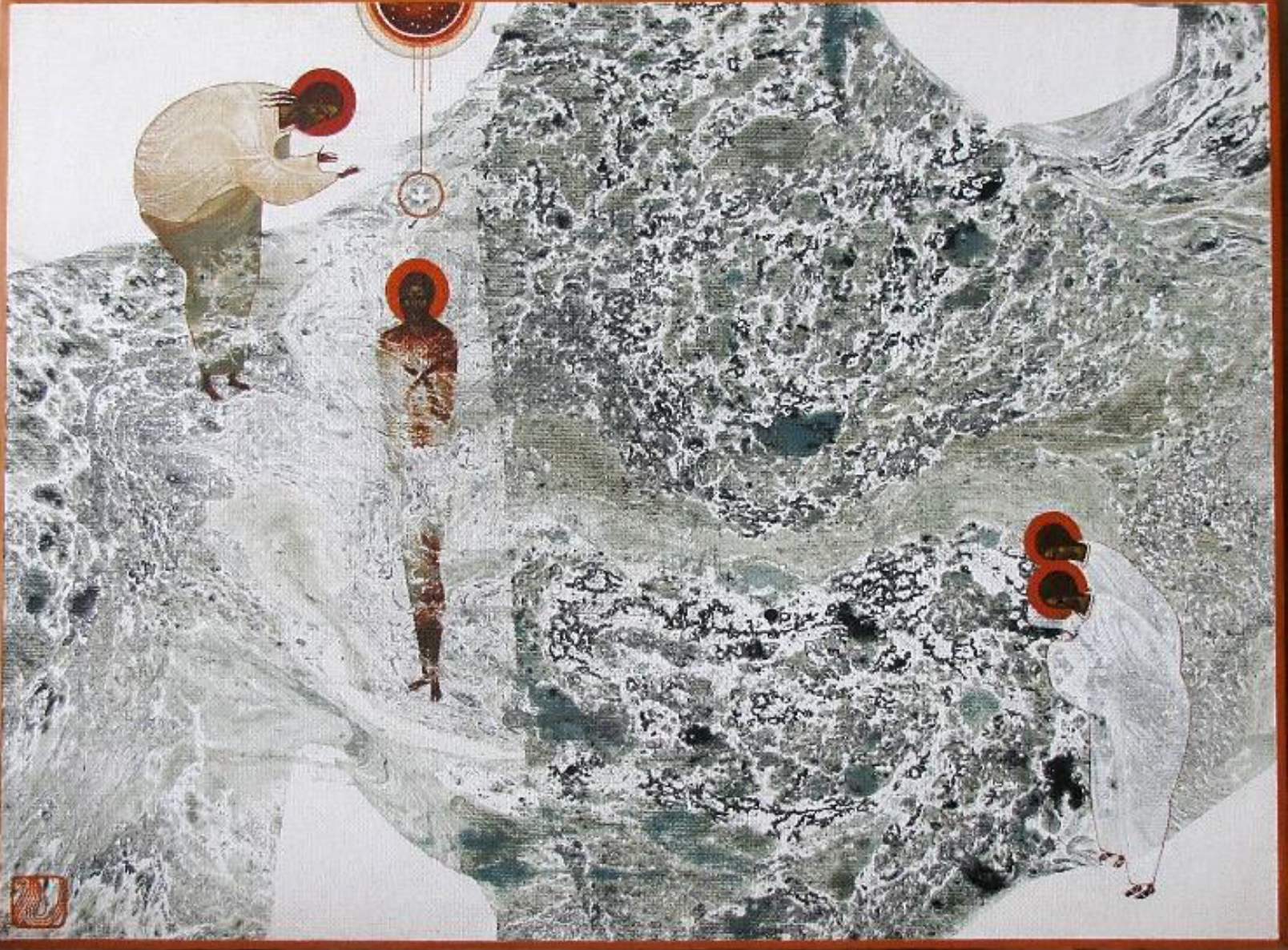
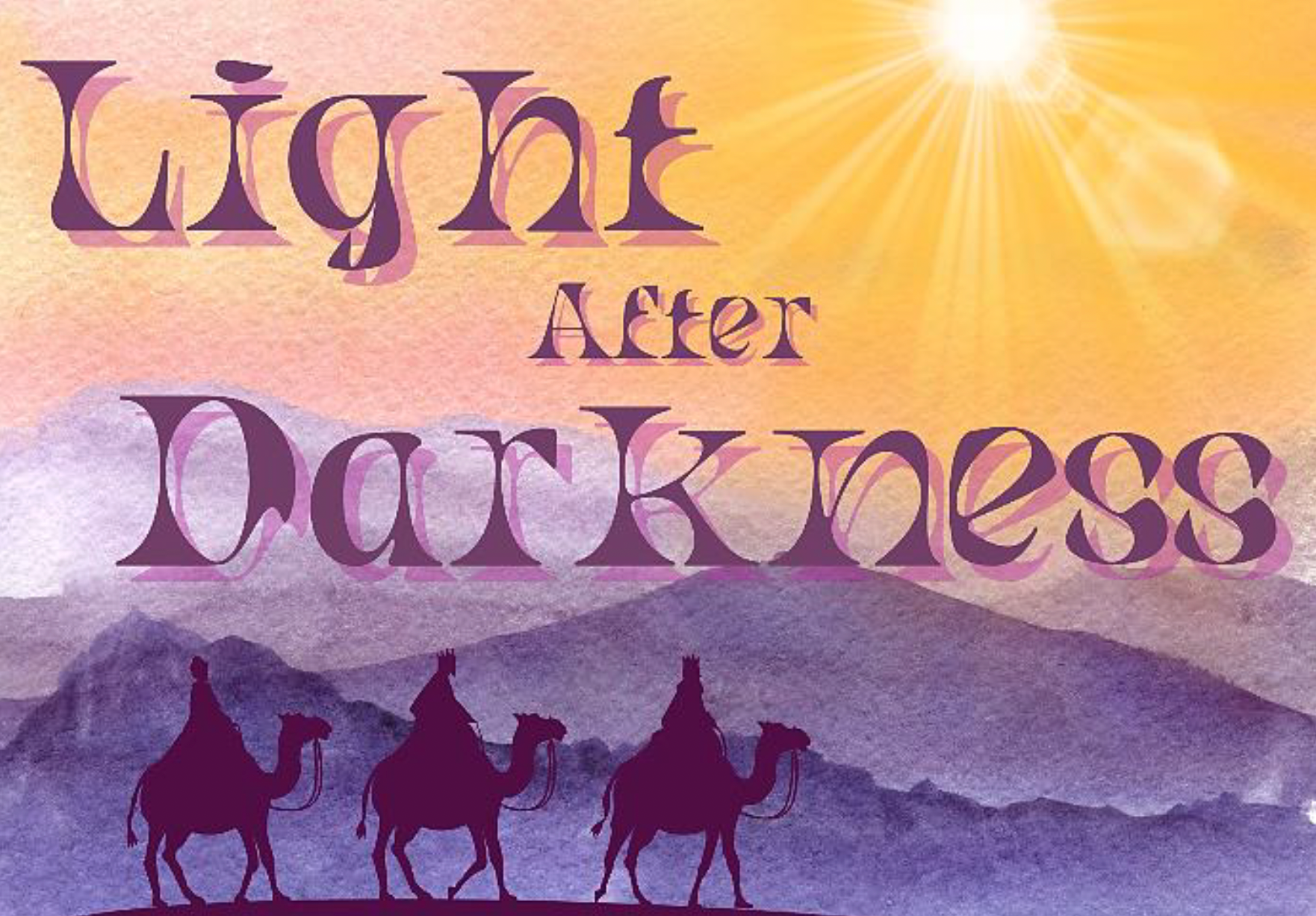

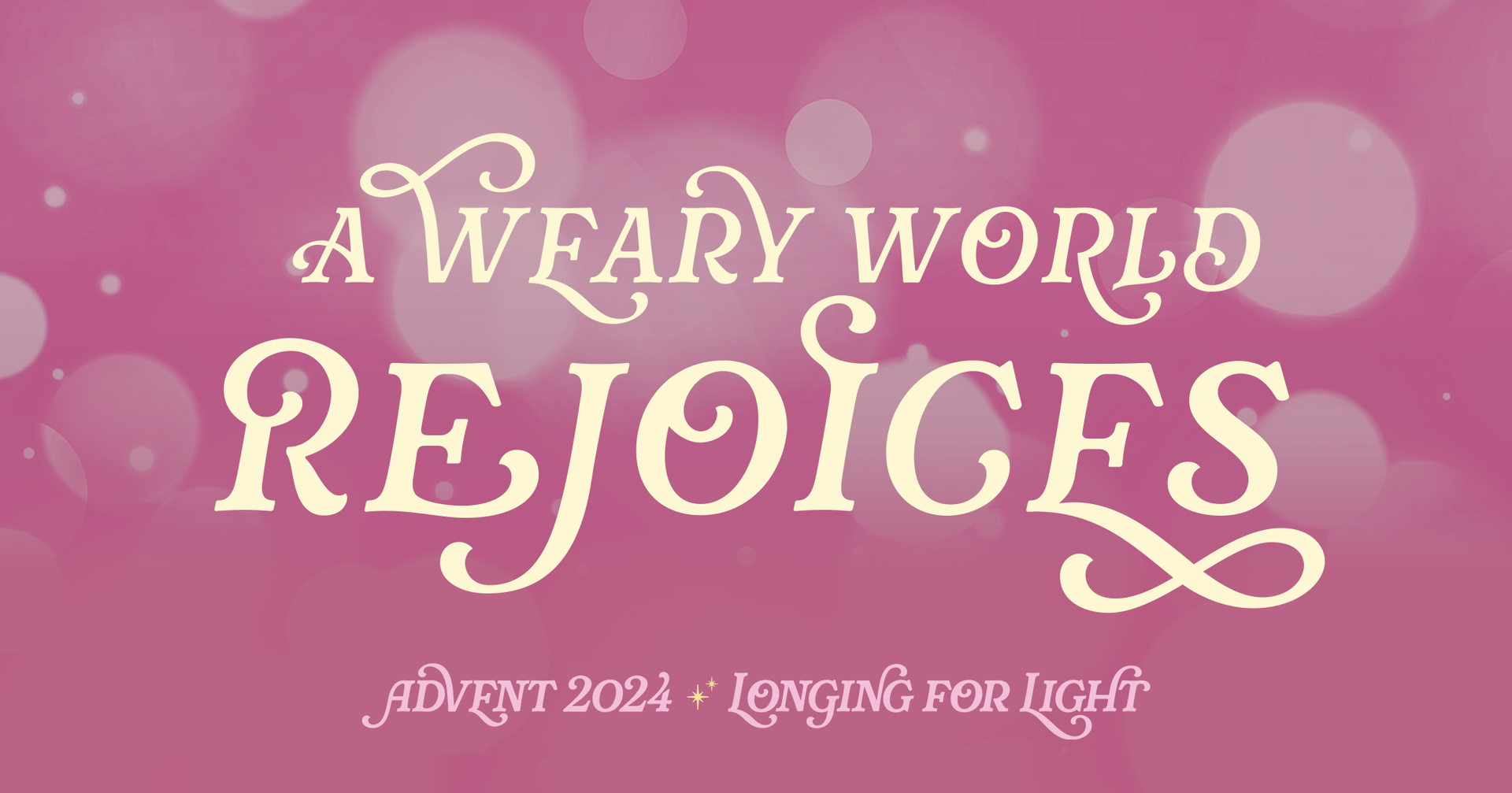
About Us
Our mission is to nurture and inspire our faith community to transform lives for Christ.
Church Office Hours
Sunday:
9:30am - 1pm
Monday - Friday:
10am - 4pm
Saturday: Closed
Contact Info
Calvary Presbyterian Church
2515 Fillmore Street
San Francisco, CA 94115
1 (415) 346-3832
info@calpres.org
Calvary is a 501(c)(3) nonprofit organization.
Tax ID # 94-1167431


